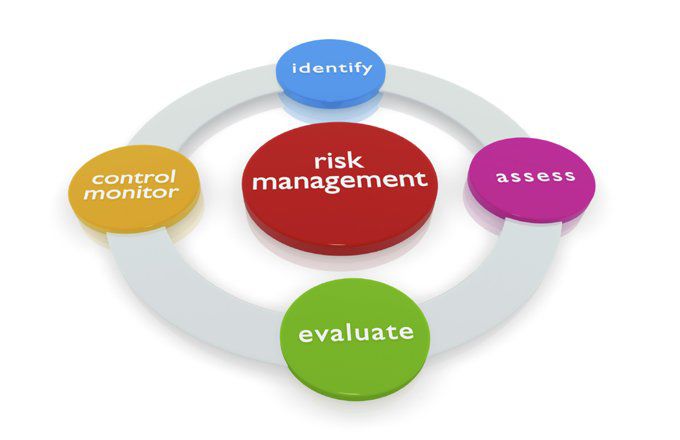
Risk Management Strategies for Crypto Investors
Investing in crypto currencies can be highly rewarding, but it also comes with significant risks. Volatility, regulatory changes, security breaches, and market manipulation are just a few factors that can affect your investments. To navigate these risks effectively and protect your capital, implementing robust risk management strategies is essential. This guide explores various techniques to help crypto investors mitigate risks and make informed decisions.
Understanding Crypto Investment Risks
Before diving into risk management strategies, it's crucial to understand the primary risks associated with crypto investments:
- Volatility: Cryptocurrency prices can fluctuate dramatically within short periods, leading to substantial gains or losses.
- Regulatory Uncertainty: Regulatory changes or bans in different countries can impact the legality and accessibility of cryptocurrencies.
- Security Risks: Hacking incidents, phishing attacks, and vulnerabilities in exchange platforms can lead to the loss of funds.
- Liquidity Risks: Some cryptocurrencies may have low trading volumes, making it challenging to buy or sell large amounts without significantly affecting prices.
Effective Risk Management Strategies
- Diversification:
- Asset Allocation: Spread your investments across different cryptocurrencies (e.g., Bitcoin, Ethereum, altcoins) to reduce the impact of volatility on your overall portfolio.
- Across Asset Classes: Consider diversifying into other asset classes (e.g., stocks, bonds, commodities) to balance your portfolio and reduce dependency on crypto markets alone.
- Use of Stop-Loss Orders:
- Implement stop-loss orders to automatically sell a portion or all of your holdings if prices drop to a predetermined level. This helps limit potential losses during sudden market downturns.
- Set Realistic Goals and Risk Tolerance:
- Define your investment goals and assess your risk tolerance level before investing. Understand how much volatility you can withstand without emotional distress or financial strain.
- Stay Informed and Conduct Due Diligence:
- Research cryptocurrencies thoroughly before investing. Stay updated on market trends, news, and regulatory developments that could impact your investments.
- Verify the credibility and security of exchange platforms or wallets where you store your funds.
- Cold Storage for Long-term Holdings:
- Consider using hardware wallets or paper wallets (cold storage) to store cryptocurrencies offline for long-term investment. This reduces exposure to online security threats.
- Risk Hedging Strategies:
- Utilize derivatives such as futures contracts or options to hedge against adverse price movements in cryptocurrencies. This allows you to protect your portfolio from potential losses.
- Monitor and Rebalance Your Portfolio:
- Regularly review your portfolio performance and adjust asset allocations if necessary. Rebalancing ensures that your risk exposure aligns with your investment objectives over time.
Psychological Discipline
Apart from technical strategies, maintaining psychological discipline is crucial:
- Avoid Emotional Trading: Emotions like fear and greed can cloud judgment and lead to impulsive decisions. Stick to your investment plan and avoid making decisions based on short-term market fluctuations.
- Long-term Perspective: Cryptocurrency markets can be highly volatile in the short term. Focus on long-term trends and fundamental analysis rather than reacting to daily price movements.
Conclusion
In the dynamic world of cryptocurrencies, managing risks effectively is integral to safeguarding your investments and achieving sustainable growth. By diversifying your portfolio, using stop-loss orders, staying informed, and maintaining psychological discipline, you can mitigate risks and navigate market uncertainties more confidently. Remember, while cryptocurrencies offer exciting opportunities, prudent risk management remains the cornerstone of successful investment strategies. Adopting these strategies can help you weather the volatility and position yourself for long-term success in the crypto market.





